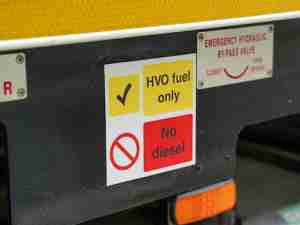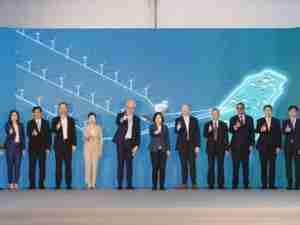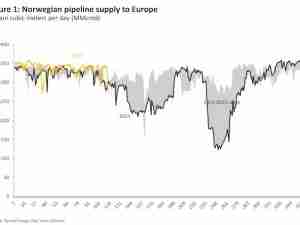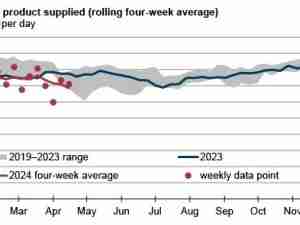Chinese biodiesel producers pledged to improve compliance and export standards, days after European rivals called for action to stem “potentially fraudulent” shipments.
A group representing the country’s biggest producers and affiliated with the technology ministry promised closer monitoring of the quality and sourcing of biofuels. However, Chinese supplies shouldn’t be treated differently by the European Union, it said in an open letter.
“We are deeply concerned about the potential fraud in Chinese biodiesel exports,” the industry group said in the letter. “We have zero tolerance for such violations.”
That came after the European Waste-Based & Advanced Biofuels Association said surging Chinese biofuel shipments were threatening local suppliers by depressing prices. European producers say Chinese exporters may be mixing fuels with cheaper feedstocks and mislabeling them to qualify for EU incentives. The European Commission and the Dutch and German governments must take action, the association known as EWABA said.
China’s exports of methyl ester, a feedstock for biodiesel that’s made from used cooking oil, to the EU rose by almost 40% to 1.79 million tons in 2022, according to the Chinese group. Production capacity is expected to increase to 3 million tons this year. Nearly all of China’s capacity is export-oriented to take advantage of EU tax policies, the US Department of Agriculture said in a report last year.
The spike in exports to Europe comes at the same time as a surge in Chinese imports of palm waste and palm-based biofuel from Indonesia and Malaysia. Palm oil is generally shunned by the European Union due to deforestation fears, and the jump in Chinese shipments has spurred speculation that some of the palm waste is being blended into the methyl ester that’s being sent to Europe.
The surge in Chinese exports is hitting European biodiesel producers. At least 11 plants have halted output, while another 10 have curbed production, EWABA said in the June 1 letter to officials including Frans Timmermans, executive vice-president for European Green Deal and the European trade commissioner Valdis Dombrovskis. The association represents companies including Cargill Inc., Gunvor Group Ltd. and Novozymes A/S.
Policing and auditing of biodiesel flows must be strengthened to avert fraud and damage to the EU market, the association’s Secretary General Angel Alvarez Alberdi, said in the letter.
“If no speedy and effective measures from both the EU and national authorities are urgently taken to safeguard the European waste-based and advanced biodiesel industry, we will soon be on a path which will irremediably spiral into the complete collapse of the EU industry,” EWABA said in the letter.
The Chinese group said it’s willing to cooperate on certification and compliance, working with EWABA to address the issues and defend the industry. Supplies of Chinese biodiesel are helping the EU reach its carbon-reduction goals, according to the letter.
The Chinese association is considering establishing a white list of qualified suppliers to improve traceability and transparency, Liu Yaoming, head of the association and a veteran biofuel trader, said in an interview. Most exporters abide by EU regulations, Liu said. Europe’s production difficulties stemmed from declining road diesel consumption, which is curbing blendstock demand, he added.
“Chinese factories are bigger and more efficient and able to handle waste oils in relatively bad conditions,” Liu said.










